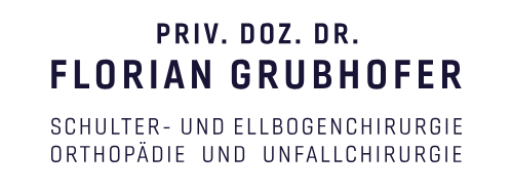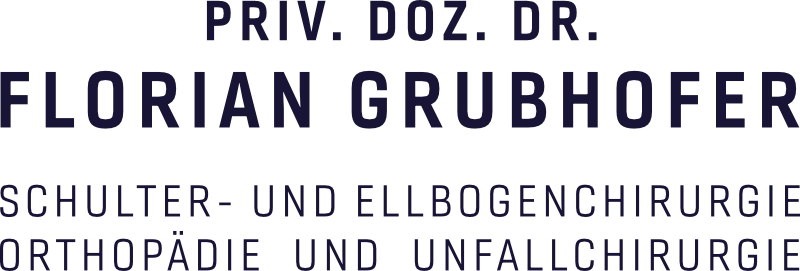What is a Frozen Shoulder?
Frozen Shoulder, also known as adhesive capsulitis, is a condition where the shoulder joint capsule becomes thickened, inflamed, and stiff, leading to significant limitations in mobility and often causing severe pain.
What causes a Frozen Shoulder?
The causes of Frozen Shoulder can be divided into three main categories:
1. Idiopathic Frozen Shoulder: The cause is unknown and often occurs spontaneously, particularly in women between the ages of 40 and 60. Associated conditions like diabetes can be a risk factor.
2. Post-Traumatic Frozen Shoulder: Develops after a shoulder injury, such as a fracture or dislocation.
3. Post-Operative Frozen Shoulder: Arises after shoulder surgery, often due to restricted movement during the healing phase.
What are the symptoms of a Frozen Shoulder?
The main symptoms include:
• Gradual and progressive loss of motion in all directions.
• Severe pain, particularly at night or with sudden movements.
• A progression through three phases:
• Freezing phase (painful stage).
• Frozen phase (stiffness stage).
• Thawing phase (recovery stage).
How is a Frozen Shoulder treated?
Treatment depends on the stage of the condition and includes:
1. Conservative Therapy:
• Pain management with medications.
• Physical therapy to restore mobility. The focus should be on patient-led exercises. It is essential for patients to perform 5 to 10 movement sessions of 5 minutes each at home daily. The physical therapist acts as an instructor and supervisor, defining exercises, providing guidance, monitoring correct execution, setting goals, and assessing progress.
• Therapy should primarily take place at home rather than relying solely on one to three weekly sessions with the physical therapist. Patients must understand that attending these limited sessions is insufficient. Without self-directed exercises, the therapy will be ineffective.
• Local injections, such as corticosteroids, to reduce inflammation.
2. Surgical Therapy:
• In rare cases, when conservative methods fail, an arthroscopic procedure may be performed to release adhesions.
How long does recovery take?
Without treatment, Frozen Shoulder can last 2-3 years. However, targeted therapy can significantly accelerate recovery. Early diagnosis and strict adherence to therapy plans usually lead to favorable outcomes.
Can Frozen Shoulder be prevented?
Unfortunately, the risk of developing Frozen Shoulder cannot be accurately predicted. Early mobilization after surgery is often encouraged, but research shows it does not reduce the likelihood of developing Frozen Shoulder. Additionally, post-surgical protection and immobilization prescribed by the surgeon must be followed and respected, as tendon or bone healing always takes priority.
This section aims to provide patients with a clear and comprehensive understanding of Frozen Shoulder and guide them through its treatment options.

